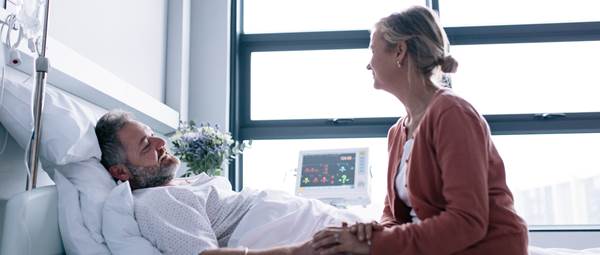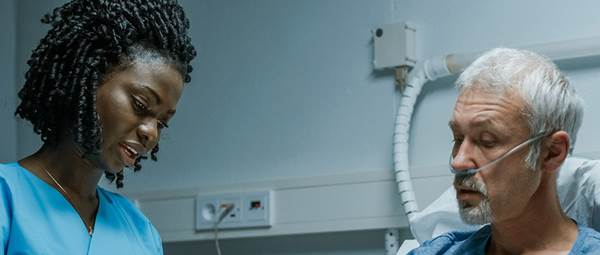Early risks of a kidney transplant
This looks at problems that could occur in the days or weeks following a kidney transplant
Key points
- All surgical procedures have some risks. Transplants also have the risk of your body rejecting the new organ
- Each patient is unique and risks differ on a case-by-case basis
- For a kidney transplant, risks are said to be either: very common, common, uncommon or rare
- It’s important to remember that your kidney doctor will only recommend a kidney transplant if they think that the benefits outweigh the risks
What happens in the shorter-term after a kidney transplant?
The first few days and weeks after a kidney transplant are an important time. For most patients, you will be recovering from surgery and getting used to your new medicines. You’ll also be getting used to regular clinic visits and not having to do dialysis. This is usually a big change. Most patients do very well after a kidney transplant, have more energy and a less restrictive diet.
What could go wrong early on?
Some patients might experience complications or problems either during the operation or in the days or weeks following a kidney transplant.
This page looks at early risks for the ‘average’ patient, however every patient is different. Your kidney care team will discuss your personal risks with you.
Very common early risks
These affect more than 10 in 100 patients
Common early risks
These affect between 1 in 100 and 10 in 100 patients
Uncommon early risks
These affect between 1 in 1000 and 1 in 100 patients
Rare early risks
These affect fewer than 1 in 1000 patients
Other early risks
All risks vary from patient to patient, but some risks change significantly on a case-by-case basis


